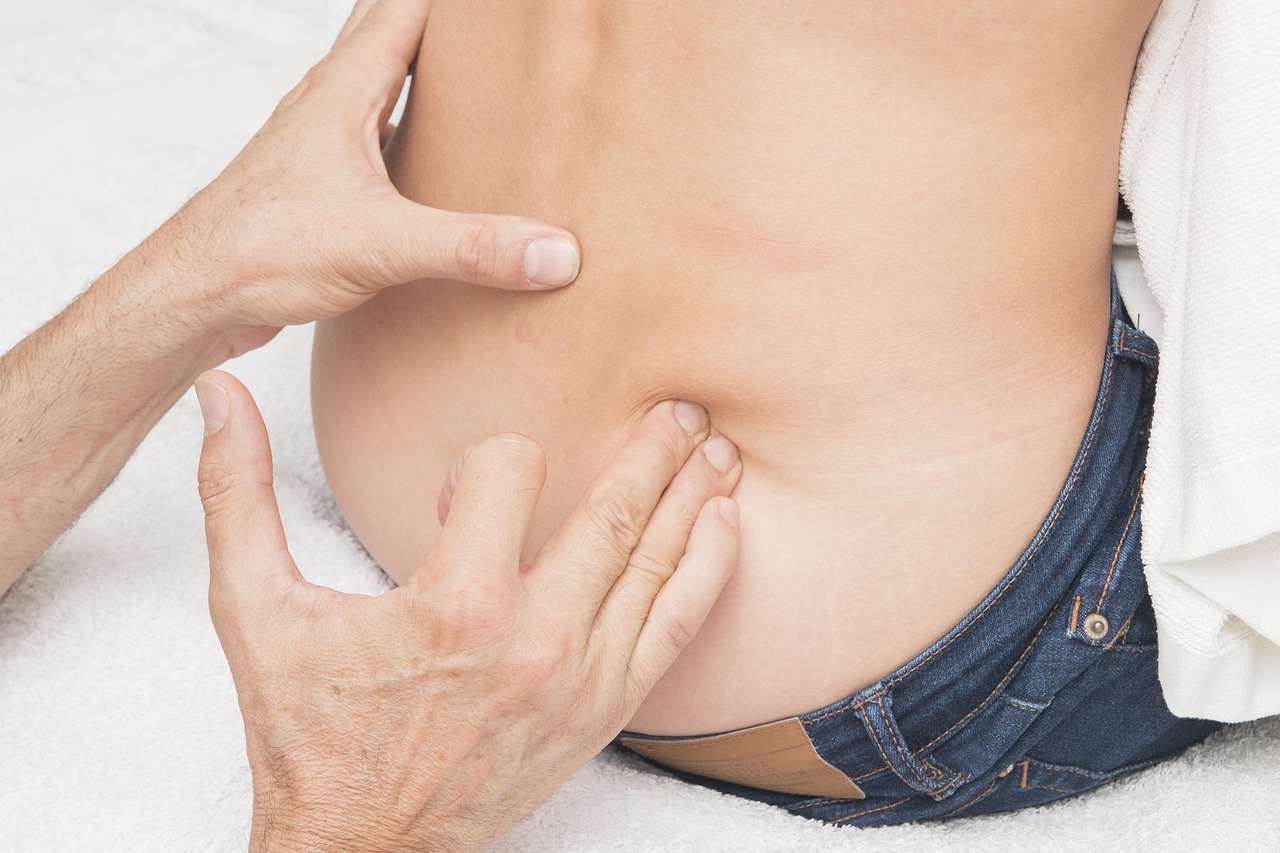Deep tissue massage is a widely sought-after treatment for persistent muscle tension, stiffness, and postural misalignment. However, if you’ve ever walked out of a session asking yourself, “Why did that hurt so much?” — you’re definitely not alone. While a certain level of discomfort can be expected, understanding why it occurs and how your body responds can help you better prepare for — and benefit from — your massage.
Why Can Deep Tissue Massage Be Uncomfortable?
Unlike a gentle relaxation massage, deep tissue massage is designed to access the deeper layers of muscle and fascia (the connective tissue surrounding muscles). Therapists use slow, deliberate strokes with firm pressure to release chronic tightness, dissolve adhesions (knots and scar tissue), and restore more natural movement.
Here are a few reasons this type of massage may cause temporary discomfort:
-
Pressure on tight or sensitive areas: Trigger points and contracted muscle fibres can feel tender when worked on.
-
Breaking down adhesions: Scar tissue can restrict mobility, and releasing it may lead to soreness.
-
Enhanced circulation: The massage increases blood flow, which can trigger mild inflammation as part of the body’s natural repair process.
If you’re new to deep tissue work or haven’t had a session in a while, the intensity can feel strong — especially in areas with long-standing tension.
Should Deep Tissue Massage Hurt?
A certain level of discomfort is considered normal — and even beneficial — in deep tissue massage. Many people describe it as a “good pain” that feels productive and relieving rather than sharp or intolerable. However, pain that feels overwhelming, sharp, or wrong isn’t beneficial and may actually do more harm than good.
At Muscle Torque, we prioritise client comfort and safety. Our therapists tailor the intensity to your needs and encourage feedback throughout the session to ensure pressure stays within a therapeutic range.
Is Post-Massage Soreness Normal?
Yes — it’s completely typical to feel some soreness after a deep tissue session, particularly if it’s your first time or if your body isn’t used to such deep manipulation. The feeling is often likened to muscle soreness after an intense workout and usually resolves within 24 to 48 hours.
This delayed soreness is your body’s way of responding to the deep tissue work, and it reflects the start of the muscle recovery and healing process.
When Should You Be Concerned?
While mild soreness is expected, certain signs suggest something might be wrong. Watch for:
-
Pain that worsens instead of improving
-
Sharp, stabbing, or lingering discomfort
-
Swelling or bruising that doesn’t fade
-
Re-aggravation of an old injury
-
Pain that disrupts your daily activities
These may be signs of excessive pressure or inappropriate technique. That’s why it’s essential to choose a qualified, experienced therapist who understands your medical history, comfort level, and treatment goals.
Tips to Ease Soreness After a Session
To support recovery and minimise any post-massage soreness, try the following:
-
Stay hydrated: Drinking water helps flush out metabolic waste released during massage.
-
Apply heat: A warm compress or hot shower can relax muscles and ease tension.
-
Move gently: Light stretching or walking can help keep your muscles loose.
-
Rest: Give your body time to process the treatment and begin healing.
As your body becomes accustomed to deep tissue therapy through regular sessions, you’ll likely notice less post-treatment soreness and more lasting relief.
Final Thoughts: Discomfort is Normal — But Pain Should Never Be the Goal
Deep tissue massage is effective because it targets deep-seated issues in your muscles and connective tissue — but it doesn’t need to be painful to work. Some short-lived discomfort is part of the process, but persistent or sharp pain isn’t necessary and shouldn’t be ignored.
The most important factor is finding a skilled practitioner who knows how to adjust their technique to suit your body and therapeutic needs.
Ready to experience the benefits of expert deep tissue massage? Contact Muscle Torque today to book a session with one of our experienced therapists.
👉 Book Now
📍 Shop 4a, 65 Grand Plaza Drive, Browns Plains QLD 4118
📞 0400 997 077 | info@muscletorque.com.au

